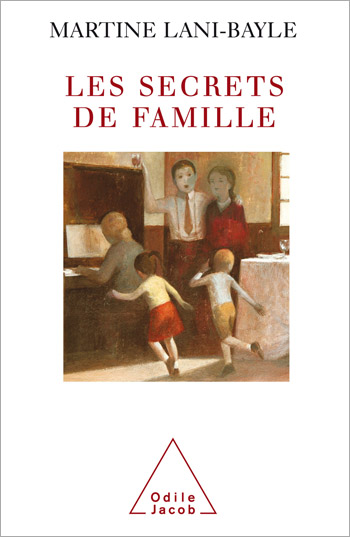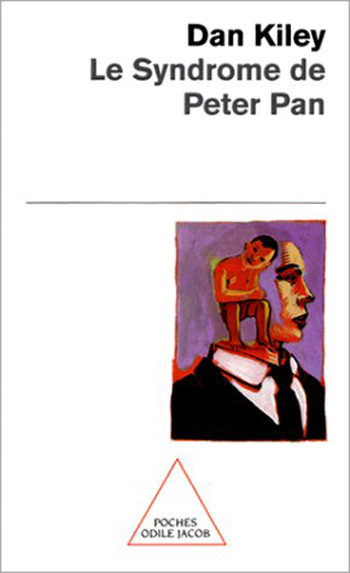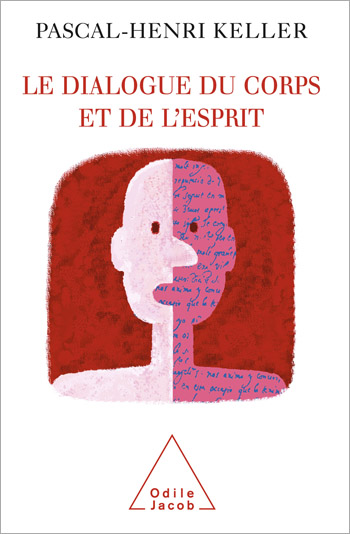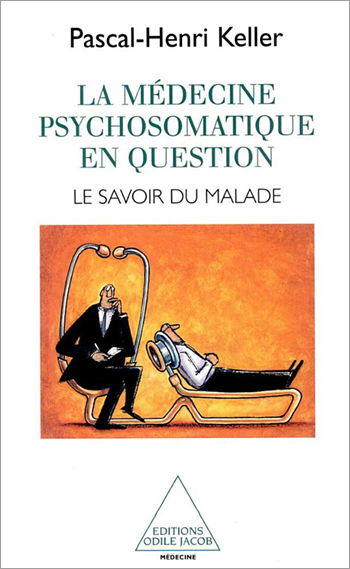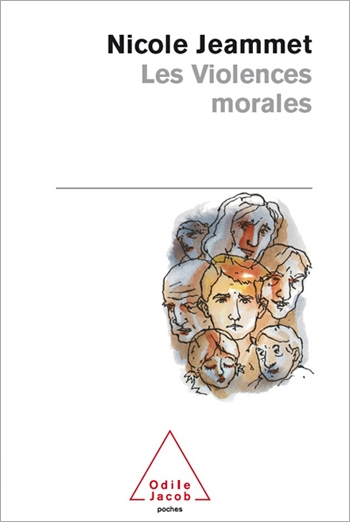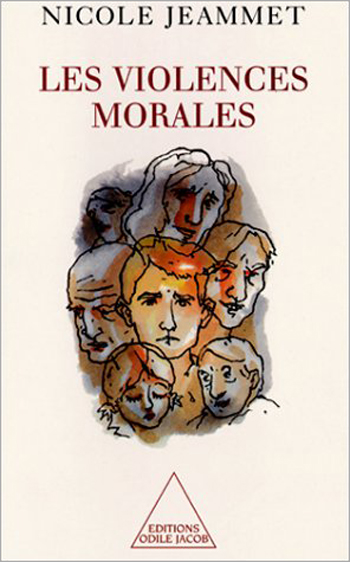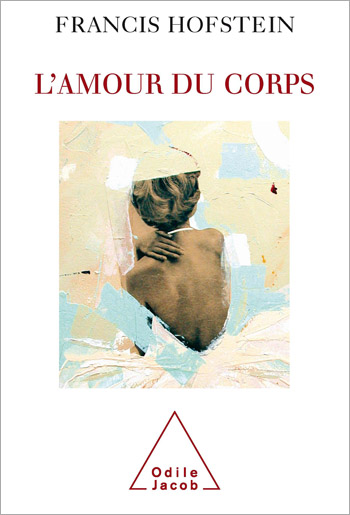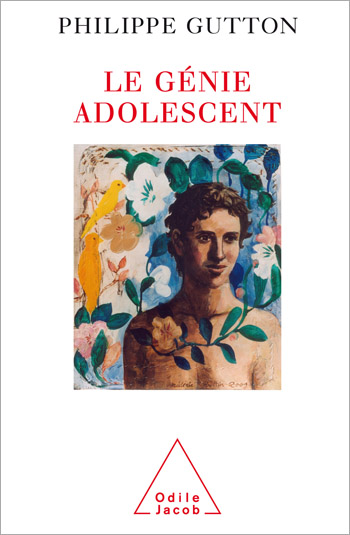Psychoanalysis All books
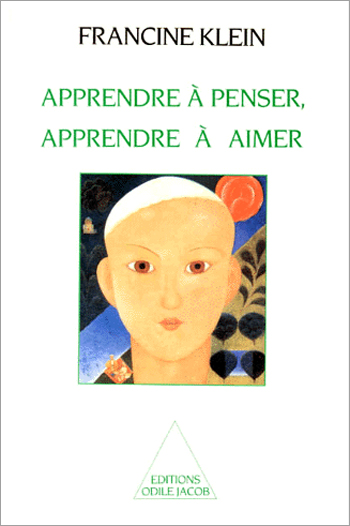
Francine Klein
Learn to Think, Learn to Love
Is everything determined at birth and in our first months of life? Why is it that certain children experience difficulty in learning to walk and to speak? Why them and not others? By describing the mechanics of learning and intellectual development, Francis Klein emphasizes the role of affection and relational factors on early development. She reminds us that to learn to think pre-supposes pleasure and liberty. Francine Klein is a children's psychiatrist and a psychoanalyst.
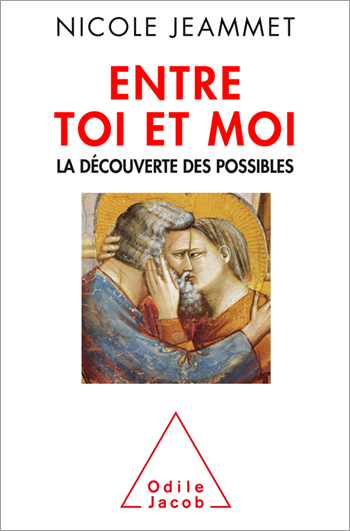
Nicole Jeammet
Between You and Me
Giving and receiving: how to establish trust in affective relations?
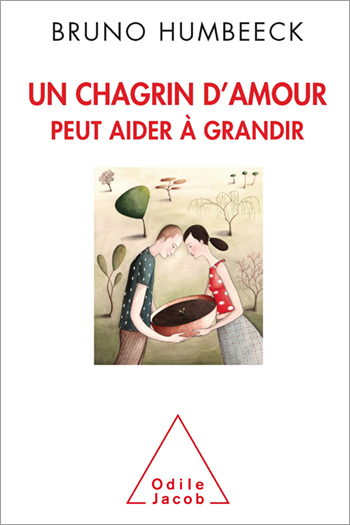
Bruno Humbeeck
A Heartache Can Help You Grow Up
Understanding the pain caused by an unhappy love affair can help you pick up the pieces — and start loving again
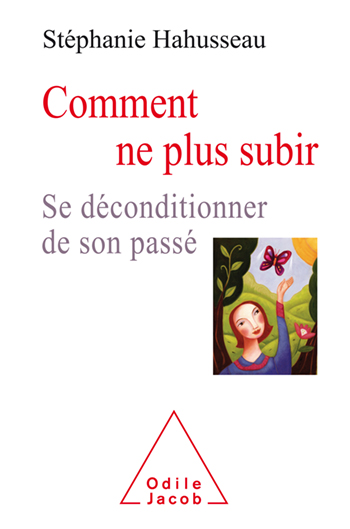
Stéphanie Hahusseau
How Not to Endure Any Longer Deconditioning Oneself from One’s Past
A book for a general audience and for health-care professionals that explains how behavioral disorders, can be hiding repressed issues of abuse
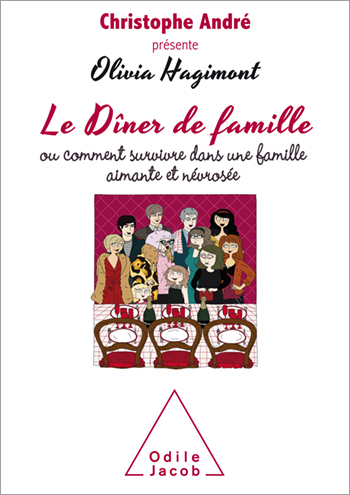
Olivia Hagimont
The Family Dinner or How to Survive Your Loving, Neurotic Family
Family dinners are the perfect opportunity to show a rogue’s gallery of characters with strong personalities, who will, over the course of a meal, offend and wound each other, but come to love each other once again. Family get-togethers, where neuroses take centre stage. Olivia Hagimont’s sense of humour works as a magnifying glass, allowing us to see our own idiosyncrasies in order to be able to put things that hurt us into better perspective, and to start letting go of past events.

Patrick Guyomard
The Tendency for Polymorphe Perverse Behaviour
It is the child that Freud predominantly identifies as polymorphe perverse in his Three Essays on Sexual Theory, but he recognised that it is in fact a universally human and original trait. Certainly, clinical experience suggests that this characteristic is not solely reserved for children. It is evident in each psychoanalytical treatment as common to all mankind. It is also found in science and in politics. If the tendency for polymorphe perverse behaviour is a universally human trait, everyone who has human thought patterns is affected. It is for this reason that this book gathers together reflections from psychoanalysts, clinicians specialising in both adults and children, scientists, anthropologists, and historians in order to revaluate the perversion and give a new perspective on the controversies it can trigger. Organised by the Freudian Psychoanalyst Society.
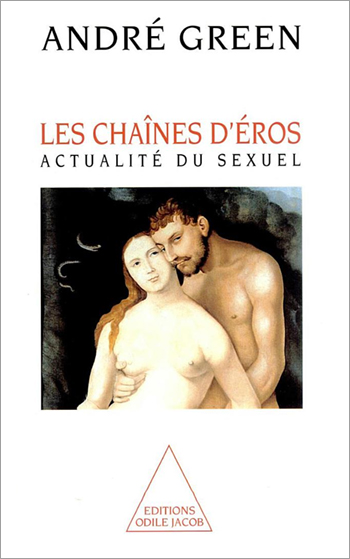
André Green
The Chain of Eros
Sexuality is no longer what it was when Freud elaborated his theory of its psychic functioning. His successors have either given it less importance or a completely different status. André Green has undertaken in this book a real re-founding. Sexuality, seen from a psychoanalistic point of view, is what he calls "an erotic chain", organized according to different steps (impulse, desire, fantasies, erotic language, etc.). For him, the importance it is not so much to consider each of these steps separately but to specify at which link of the chain the analyst himself stands. André Green, is a psychoanalyst and a psychiatrist.

